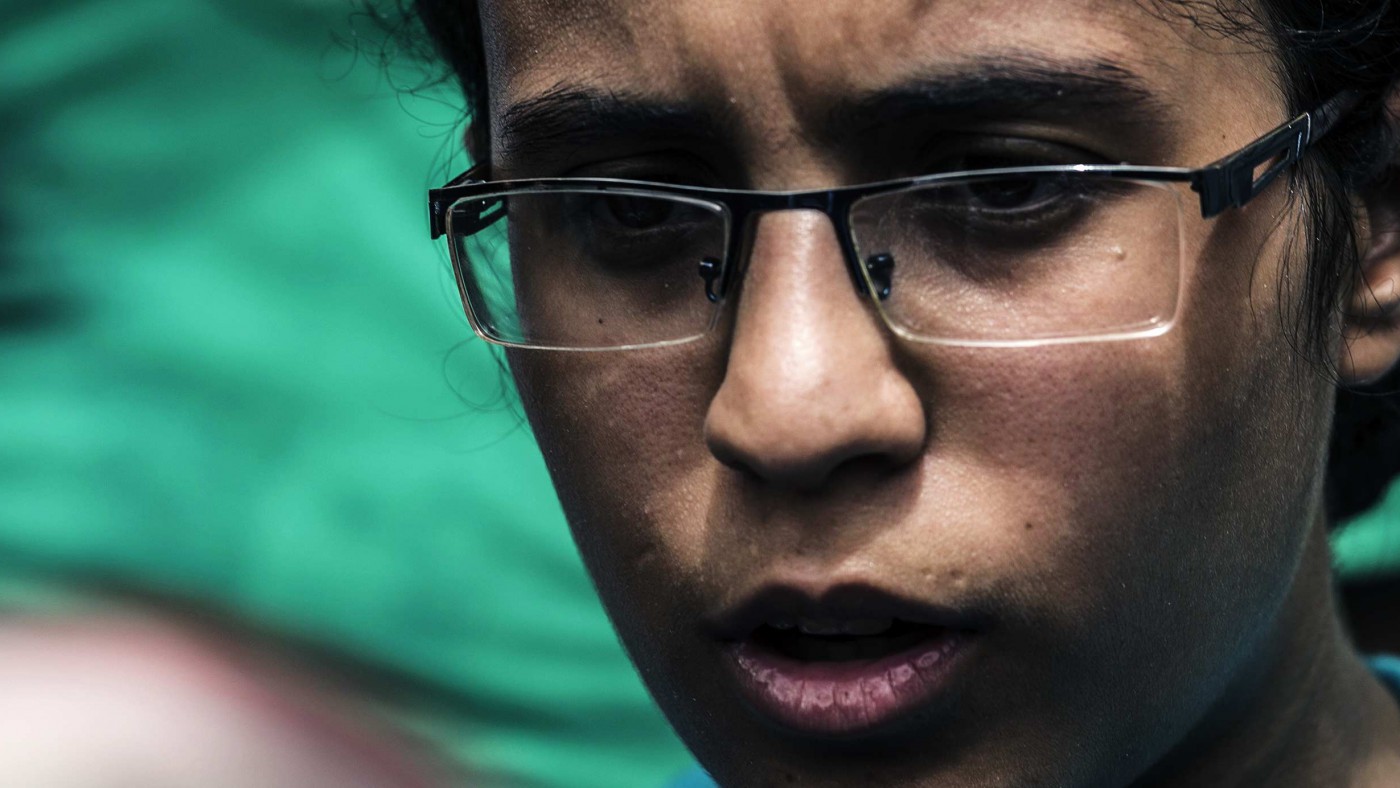Over the weekend, while all British eyes were fixed on Jeremy Corbyn, Egypt’s entire government resigned, allegedly following a corruption scandal, just days after the agriculture minister was arrested. That such an announcement barely made ripples in the UK press is a sign of how accustomed we are to the systemic corruption in much of the world.
We know corruption is happening. We know how pernicious it is to developing economies, and how difficult it is to address. We know that Egypt ranked 94th of out 175 counties on the 2014 Corruption Perceptions Index, which scores countries on the perceived levels of public sector fraud, leading to fixed elections, poor education, and the breaking down of justice. But sometimes it takes a personal story to really hammer home what living in such a society is actually like.
Meet Mariam Malak, the “zero schoolgirl”. Malak, who was top of her class in a small village in the Minya region of southern Egypt, had scored 97% in previous exams, and had planned to study medicine. But despite putting in 15 hours of studying a day, she failed her final exams, scoring zero on each of her seven papers.
At a time when millions of British students are heading off to university or beginning UCAS applications, Malak’s story strikes a chord. We’ve all faced the sickening disappointment when the results we get are not what we’d hoped. But in Malak’s case, something much darker is going on. As the Guardian reported last week:
“When I was shown the so-called copy of my answers, I couldn’t believe my eyes,” she said.
Malak said she had written page after page in the exams, and what she was shown consisted of a few lines.
Malak and her lawyers believe that her answers were swapped with those belong to the child of wealthy or influential parents. And here’s where the scale of Egypt’s corruption becomes clear. When she appealed, first to the education authorities in the Minya region, then filing a complaint with the prosecution service, she was told a forensic examination had been conducted on her handwriting, which proved that the failed exam papers were hers. The case was closed.
While it could conceivably be true that Malak blanked out in her finals and has been lying the whole time, it is unlikely that a nineteen-year-old girl would take on the Egyptian government without a good reason. And the alternative seems disturbingly plausible.
Consider the scenario: a wealthy parent bribes an examination official to make sure their child receives top marks. The child is either not very bright, or knows that they will pass, so doesn’t bother to write anything. The official finds a high-scoring exam paper from some insignificant student who is unlikely to cause any trouble, and swaps them. When the unlucky student appeals, all the officials deny any wrongdoing and claim she failed. After all, what can she really do?
The answer is that she can spark worldwide outrage, and become the face of the anti-corruption movement in Egypt. Since her story broke, Malak has received a wave of online support from all over the world:
How dare corrupt people try and destroy this bright young woman’s dreams! #ibelievemariammalak
— traceyplusm (@traceyplusm) September 7, 2015
Education system must be fair. No room for corruption. #IBelieveMariamMalak
— BMun (@BrieBrie096) September 7, 2015
.@newscomauHQ – Defeat #corruption MariamMalak #IbelieveMariamMalakhttp://t.co/TikOkdIltG
— Earle Campkin (@qekavekemoba) September 12, 2015
Malak has appeared on TV giving tearful interviews about what happened. Egyptian actor Mohammed Sobhy has offered to pay for her education, while even Egypt’s Prime Minister, Ibrahim Mahlab, issued a statement of support for her (before his government resigned). So far, although the case has been reopened, there has been no word on whether she will get her grades, but at this stage it’s gone far beyond that. The image of this young girl fighting back tears behind her thick glasses as she comes up against the wall of corrupt bureaucracy in her country is one that has inspired thousands, both in Egypt and abroad. With President Sisi’s regime becoming ever more tyrannical, from arresting dissenting students to silencing and imprisoning journalists, Egypt, which Al Jazeera called “a reinvigorated security state”, needs strong voices to speak up for justice.
I wish Mariam Malak the best of luck in achieving her ambitions. And I can only hope the momentum she has stirred continues. Egypt’s people deserve better.


